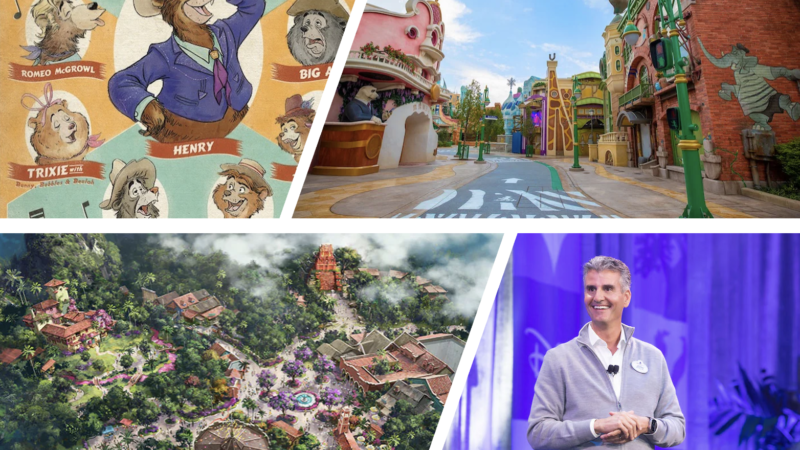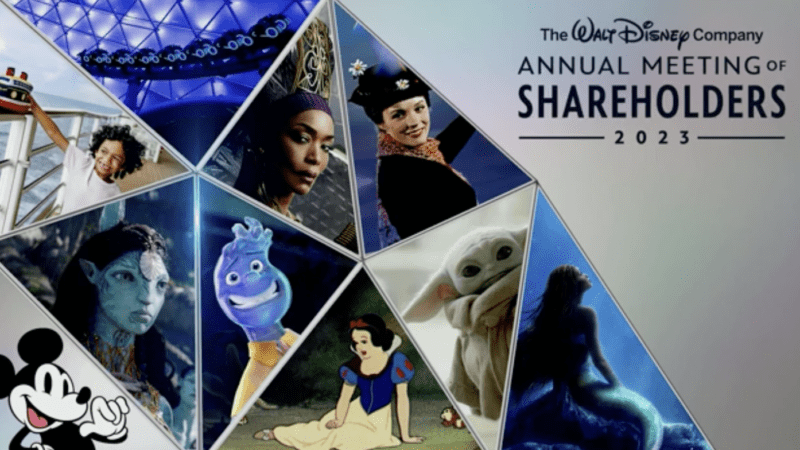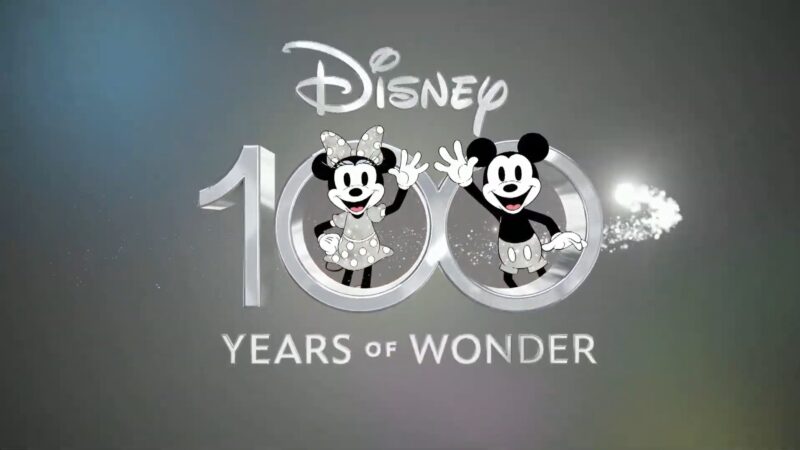The Courage and Discipline to Dream and Do
There’s a little known story told by my boss, Valerie Oberle, who was the original director of The Disney University Professional Development Programs, or what is known now as the Disney Institute. It seems that back in the days of Eisner and Wells, Michael was concerned that programs being taught to different companies all over would be giving away all of Disney’s “secrets”. Michael was concerned that we were giving away “the secret formula”. So Michael and Frank showed up to a program one day down at the old Walt Disney World Conference Center to actually see one of the programs being delivered. After observing for some 40 minutes they walked out of the room. Michael was anxious and wanted to shut the programs down. “See…they’re giving away our secrets!” But Frank, always the calming influence, reassured Michael and reasoned with Michael that no one could ever pull off Disney’s secrets. And why? Because the secret at Disney is that it works very, very, very hard to pull off what it does, and no one else has that kind of discipline to do so. With that reasoning, Michael seemed pacified, and the business programs of the Disney Institute continued on.
One of Walt Disney’s most oft-quoted statements is “If you can dream it, you can do it.” While oft-quoted, I don’t think we think long and hard enough about what that quotation means. Most draw the conclusion that anything you can dream of you are capable of doing. Perhaps if we turn this quote around, we might see this quotation with new eyes: If you can do it, it’s because you really dreamed it.” What I’m suggesting is that those who have the focus and discipline to do something, have the focus and discipline to really dream through the impossible.
Let me put it another way. Al Hirschfield was well known as the American caricaturist who celebrated Broadway’s best through drawing. To Disney fans, Al’s work was the inspiration for the George Gershwin Rhapsody in Blue New York scene in Fantasia 2000. As one who knew something about art and creativity all his life, he made the following statement:
“I believe everybody is creative and everybody is talented. I just don’t think that everybody is disciplined. I think that’s a rare commodity.”

I think there is not only a discipline for making dreams come true, but in coming up with the dream itself. Anyone can come up with ideas, but a dream come true is a true mental creation. Do you have ideas? Do you dream of doing something great? Have you labored over that dream until it is a mental creation in your mind? Stephen R. Covey talks about the physical creation following the mental, just as a building follows a blueprint. Dreams take real effort!
If doing requires dreaming, what is needed for dreaming to take place? Walt Disney stated, “All your dreams can come true if you have the courage to pursue them.” Why courage? Does that mean that if I’m cowardly I can’t dream? What does courage have to do with dreaming? Someone once said that the opposite of courage in our society is not cowardice. It is conformity. I think what Walt was saying is that if you want your dreams to come true, you have to have courage to make it happen, and not just conform to what is currently all around you. If you think about it, probably the best dreamers and doers are the ones who do not settle for what is. They dream because they see the possibilities in what could be.
Looking at your own life, do you have courage not to conform, to not just go with the status quo? Does that courage make you dream of something better, something greater? And have you thought through your dreams enough to see how they would physically come to be? Because if you can really dream it–I mean, really, really dream it–you may just do it!





